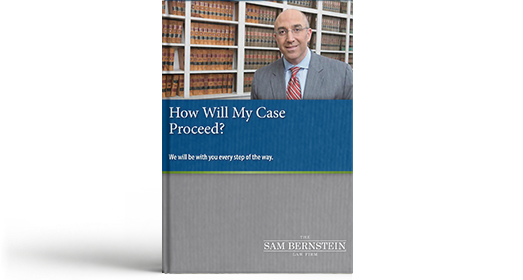BOATING ACCIDENT LAWYERS
Contact The Sam Bernstein Law Firm if you or a loved one has been seriously injured in a boating accident. We'll fight to get you the compensation you deserve.
WHY YOU NEED A MICHIGAN BOATING ACCIDENT LAWYER
With more than 3,000 miles of Great Lakes coastline and more than 11,000 inland lakes and waterways, Michigan is a boaters’ paradise. While boating is a great way to explore new destinations or unwind after a long day, boating accidents can result in serious injuries or worse.
In 2018, the U.S. Coast Guard reported 4,145 recreational boating accidents across the country. In those accidents, 633 people died and 2,511 were injured. In addition, $46 million worth of property was damaged as a result of these accidents.
LEGAL ISSUES REGARDING BOATING ACCIDENT CLAIMS
From a legal standpoint, boating injury lawsuits are more complicated than other types of accident claims. Here are some of the issues that may arise:
- The accident may be governed by state laws or Maritime (federal) laws, depending on whether the accident occurred on land or water
- Most boating accidents are caused by negligence. If you were a passenger, you will have to prove your injuries were a direct result of negligence on the part of the boat driver
- When more than one boat is involved, the legal situation becomes even more complex. An injured person may be able to file suit against the owner or operator of the other boat involved in the collision. In addition, if you were injured as a passenger, you may have a claim against the owners or operators of one or both boats
- A boating accident victim may also be able to file a claim against the company employing the driver of the boat involved in the accident
As detailed above, boating injury claims require the resources and expertise of an experienced boat accident lawyer. Studies show that accident victims who hire qualified personal injury attorneys achieve better financial outcomes than those who attempt to represent themselves.
Therefore, if you or a loved one was injured while operating or riding in a boat, you should contact us as soon as possible. Our team of skilled boating accident lawyers have over 600 years of combined legal experience. We are Michigan's most experienced personal injury law firm and we will help you obtain the maximum amount of compensation for your injuries.
Get The Bernstein Advantage®® today.
Submit this simple form for a free no-obligation consultation with one of our knowledgeable accident attorneys.
MORE INFORMATION ON BOAT ACCIDENTS:
WHAT ARE THE BOATING LAWS REGARDING "UNLAWFUL AND DANGEROUS OPERATION?"
Under Michigan law, the following practices are considered dangerous and illegal. Boaters who violate these - or any - boating laws may be subject to tickets and fines, depending on the offense. Furthermore, if a boater’s illegal actions cause harm to someone else, the penalties are more severe, including possible criminal charges. The injured person(s) may also be able to file a claim against the responsible party for compensation for their injuries and other damages.
RECKLESS OPERATION OF A VESSEL
This also includes reckless manipulation of water skis, surfboards or similar devices. The term "reckless" describes activities that disregard the safety or rights of others, or that endanger other people or their property.
Some examples are:
- Weaving a boat through congested waterway traffic, or swerving at the last possible moment in order to avoid collision
- Jumping the wake of another boat
- while unnecessarily close to the other boat, or
- when visibility around the other vessel is restricted
- Chasing, harassing, or disturbing wildlife with your boat
- Causing damage from the wake of your boat
FAILURE TO REGULATE SPEED
This refers to situations where a boater operates a vessel at speeds that may endanger other people or their property, or at speeds that prevent the boat from coming to a safe stop.
Examples are:
- Operating a boat faster than 55 mph, unless you are at least one mile offshore the Great Lakes or Lake St. Clair
- Driving at greater than "slow, no wake speed"* when someone is in the bow of a vessel without proper seating
- "Slow, no wake speed" is the slowest speed at which it is still possible to maintain steering without creating a wake
- Operating a boat faster than is reasonable and prudent under the current conditions such as weather, waterway traffic, etc
FAILING TO MAINTAIN A PROPER DISTANCE
This rule refers to boat operators who fail to maintain a proper distance while operating a vessel or towing a person. To maintain a proper distance when traveling faster than "slow, no wake speed" (except in channels that are not posted), the vessel or persons being towed must not be within 100 feet of:
- A shoreline (if operating in water less than 3 feet deep)
- Any moored or anchored vessel
- A dock or raft
- Any marked swimming area or person(s) in the water
Personal watercraft (PWC) operating at greater than "slow-no wake speed" must:
- Stay at least 200 feet from any Great Lakes shoreline
- Not cross within 150 feet behind any vessel except another PWC
TRAVELING IN AN IMPROPER DIRECTION
This rule applies in situations where a boat operator fails to travel in a counter-clockwise direction, except in areas marked by well-defined channels or rivers.
BOATING IN RESTRICTED AREAS
This rule prohibits boaters from operating within restricted areas clearly marked by buoys, beacons, diver down flags, etc.
RIDING ON THE BOW (THE FRONT OF THE BOAT), GUNWALES (THE TOP EDGE OF THE SIDE OF THE BOAT) OR TRANSOM (THE PART OF THE STERN, OR BACK OF THE BOAT, WHERE THE TWO SIDES MEET)
When traveling at greater than "slow, no wake speed," passengers or drivers may not sit, stand or walk on any portion of a motorized boat not designed for that purpose.
INSUFFICIENT EQUIPMENT
It is against the law to operate a vessel without carrying, storing, maintaining and using the marine safety equipment required by the Department of Natural Resources (DNR).
If you or a loved one was injured in a boating accident, contact Michigan's most experienced personal injury law firm as soon as possible. Our team of skilled accident lawyers will help you obtain the compensation you and your family deserve.
Get The Bernstein Advantage® today.
Submit this simple form for a free no-obligation consultation with one of our knowledgeable accident attorneys.
WHAT ARE THE LIFE JACKET LAWS IN MICHIGAN?
When worn properly, a life jacket can keep a boating mishap from becoming a tragedy. Yet, many boaters and passengers refuse to wear these potentially life-saving and legally required devices. According to statistics from the U.S. Coast Guard, drowning was the cause of three-fourths of last year’s boating fatalities. And, 84% of those victims were not wearing life jackets.
Here are the Michigan laws regarding life jackets, also known as Personal Flotation Devices (PFDs). These rules apply to waterways in Michigan. Boaters planning to operate their watercraft in other states should check the boating and life jacket laws for their prospective destination.
WHAT ARE THE AGE REQUIREMENTS FOR WEARING A LIFE JACKET OR PERSONAL FLOTATION DEVICE (PFD) IN MICHIGAN?
- Children less than 6 years old must wear a Type I or Type II PFD when riding in the open deck area of a boat
- Each person 12 or older who is operating, riding on or being towed behind a personal watercraft, such as a jet ski, must wear a Type I, Type II or Type III PFD. Inflatable devices are not permitted
- Each person under 12 who is riding or being towed behind a personal watercraft, such as a jet ski, must wear a Type I or Type II PFD
WHAT TYPE OF PFDS DO I NEED TO CARRY ON MY BOAT?
- All vessels, including canoes and kayaks, must carry at least one USCG-approved (U.S. Coast Guard) Type I, II, or III PDF for each person on board. This rule also applies to anyone who is being towed, such as a water-skier
- Vessels 16 feet and longer must carry one type IV, in addition to the Type I, II, or III for each person on board. (Canoes and kayaks over 16 feet are exempt from the Type IV requirement)
- Vessels less than 16 feet long, including canoes or kayaks, must have either a wearable PFD (Type I, II or III) or a throwable PFD (Type IV) for each person on board
- Inflatable PFDs are not allowed for anyone riding on a PWC or being towed behind a PWC or other vessel
- All life jackets must be the proper size for each person on board or being towed. Sizing for PFDs is based on body weight and chest size
- All PFDs must be in good, usable condition. Devices that don’t meet this requirement should be repaired or replaced
- When not being worn, PFDs must be properly stowed and readily accessible
WHAT ARE THE MOST COMMON TYPES OF PFDS?
- Type I: off-shore life jacket, 22 lbs. buoyancy This PFD is best in open, rough, or remote water where rescue may be slow in coming. They have excellent buoyancy and flotation capabilities and will turn most unconscious wearers face-up in the water
- Type II: near-shore life jacket, 15.5 lbs. buoyancy These PFDs are recommended for calm, inland waters where rescuers are likely to arrive quickly
- Type III: wearable flotation aid, 15.5 lbs. buoyancy Available as vests or full-sleeved jackets, these PFDs are good for calm, inland water where there is a good chance of speedy rescue. However, they will not turn most unconscious people face up and are therefore not recommended for extended survival in rough water
- TYPE IV: throwable devices These rings, cushions and buoys are intended to be thrown to someone in distress. They are recommended for use in calm, inland water with heavy boat traffic where help is nearby. They should not be used for unconscious victims, non-swimmers or children
Remember, if you or a loved one is injured in a boating accident, it’s important to contact us as soon as possible. Our experienced legal team will help you obtain the compensation you and your family deserve.
Get The Bernstein Advantage®® today.
Submit this simple form for a free no-obligation consultation.
WHAT ARE THE MICHIGAN BOATING LAWS REGARDING ALCOHOL AND DRUGS?
According to statistics from the U.S. Coast Guard, alcohol use is a leading cause of fatal boating accidents.
Michigan boating law prohibits anyone from operating a boat under the influence of alcohol or drugs. It is also illegal for the owner of a vessel to allow anyone else who is under the influence of alcohol or drugs to operate their boat.
Anyone who operates a boat on Michigan waters automatically consents to be tested for alcohol or drugs if stopped by a law enforcement official.
Here is a summary of the current laws regarding alcohol and drug use for boaters:
- It is illegal to operate a boat with a BAC (Blood Alcohol Content) of .08 or higher. This is the same legal standard that applies to motor vehicle drivers. Law enforcement will typically administer a breath, blood or urine test to determine whether someone is legally impaired
- There is a zero tolerance policy for boat operators under the age of 21. If these boaters may be charged with a misdemeanor if found with any amount of alcohol in their system. More serious charges can result in the event of an accident where someone else is injured
- Boat operators of any age are not allowed to have any amount of a Schedule 1 controlled substance in their system. Examples of these drugs are heroin, cocaine, LSD, MDMA (ecstasy) and psilocybin
- Boat drivers who refuse to take a sobriety test after being stopped by law enforcement can be automatically banned from operating a boat for one year
- Drivers who operate a boat while intoxicated with a passenger 16 years old or younger on board may be charged with a misdemeanor
- Boat owners may not allow another person who is under the influence of drugs or alcohol to operate their boat
Boaters who violate these laws may be subject to the following penalties:
- Boat operators found to be under the influence of alcohol or drugs may be charged with a misdemeanor
- A boater who has three convictions within 10 years will be charged with a felony
- If a boater who causes severe bodily injury to another person while under the influence will be charged with a felony punishable by up to five years imprisonment, a fine of up to $5,000.00, or both
- A boat operator who causes the death of another person while under the influence will be convicted of a felony punishable by up to 15 years in prison, a fine of up to $10,000, or both
If you or a loved one was injured in a boating accident, it’s important to contact us immediately, before you sign any papers.
Our team of experienced boating accident attorneys are ready to help you win the compensation you and your family deserve.
Start your case today by submitting this simple form for a free no-obligation consultation.
ARE BOATERS REQUIRED BY LAW TO REPORT ACCIDENTS AND INJURIES?
Yes. Boating operators and/or passengers must comply with the following rules in the event of an accident, injury or death:
- Stop the vessel immediately at the scene of the accident
- Assist anyone injured or in danger from the accident, unless doing so would endanger your own passengers or vessel
- Provide your name, address, and vessel identification number in writing to any injured person and to the owner of any property that was damaged in the accident
When a person dies or disappears from a vessel, the boat operator or someone else on board must report the occurrence to the nearest conservation officer, county sheriff or nearest state police post. This must be done immediately and by the quickest means available.
The operator or owner of a vessel must file an accident report form provided by the Michigan Department of Natural Resources.
This form must be filed within 48 hours if:
- A person dies within 24 hours of the occurrence
- A person loses consciousness, receives medical treatment beyond basic first aid, or is disabled for more than 24 hours
The form must be filed within five days if:
- Damage to the vessel and/or other property totals more than $2,000
- A person disappears from the vessel under circumstances that indicate death or injury
Boating accident reports can be used as evidence in personal injury lawsuits. Therefore, it’s advisable to contact us immediately if you were injured in a boating accident.
Start your case today by submitting this simple form for a free no-obligation consultation with one of our knowledgeable boating accident attorneys.
WHAT BOATING SAFETY TIPS SHOULD I FOLLOW?
Boating should be an opportunity to get away, relax and enjoy the scenic Michigan waterways with family and friends.
Fatal boating accidents occur most often when:
- A boat capsizes
- A passenger falls overboard
- A boat floods with water, also known as swamping (can occur as a result of capsizing)
According to the U.S. Coast Guard, operator error causes more boat accidents than mechanical problems, weather or other external factors.
Here are some of the causes of avoidable boat accidents:
- Careless or reckless operation
- Excessive speed
- Failure to keep a careful lookout
- Boat operators who are inexperienced or untrained
- Operating a boat under the influence of alcohol or drugs
- Failure to wear a life jacket
- Careless and distracting behavior by passengers
- Failure to receive proper boating safety instruction
Therefore, it’s important to make safety a priority whenever you are out on the water, even on short rides.
You can accomplish this by following these simple boat safety guidelines:
- Boat operators and passengers should wear properly fitted life jackets or personal flotation devices (PFDs) at all times
- Keep the legally required number and type of life jackets and PFDs on board
- Keep a careful lookout to avoid collisions with other boats, personal watercraft, skiers or swimmers
- Follow the established speed limits for the weather and water traffic conditions. The maximum speed is 55 mph in all waters except the Great Lakes and Lake St. Clair, unless you are within a mile of shore. Then, the 55 mph limit applies
- Keep track of weather conditions and immediately seek shelter when necessary
- Never operate a boat under the influence of alcohol or drugs
- Obey all state and federal boating laws
- Drive safely and considerately, keeping a safe distance from other vessels
- Don’t harass or provoke other boaters
If you or a loved one was injured in a boat accident, it’s important to contact us immediately. Our team of boating accident attorneys bring over 800 years of combined legal experience making us Michigan's most experienced personal injury law firm.
Get The Bernstein Advantage® today.
Submit this simple form to set up a free consultation with one of our knowledgeable boating accident lawyers.
Client reviews

"THEY KEPT ME UPDATED."
- Veronica, Actual Client

"I WILL BE FOREVER GRATEFUL."
- Tim, Actual Client

"I FELT LIKE I WAS A PART OF THE FAMILY"
- Terrence, Actual Client

"VERY PROFESSIONAL & KNOWLEDGEABLE"
- Sherry, Actual Client

"PASSIONATE, COMPETENT, COMMITTED"
- Actual Client

"THEY STAND BY THEIR WORD."
- Actual Client

"KIND & COMPASSIONATE"
- Nancy, Actual Client

"YOU CAN TRUST THEM 100%."
- Michael, Actual Client

"HONEST, CARING, SUPPORTIVE."
- Janice, Actual Client

"THEY TOOK PERSONAL INTEREST IN ME."
- Janice, Actual Client

"I KNEW I WAS IN GOOD HANDS"
- Jerry, Actual Client

"NUMBER ONE PERSON I'D RECOMMEND."
- Actual Client

"SAM'S GOT YOU COVERED."
- Chris, Actual Client
RECOMMENDED READING
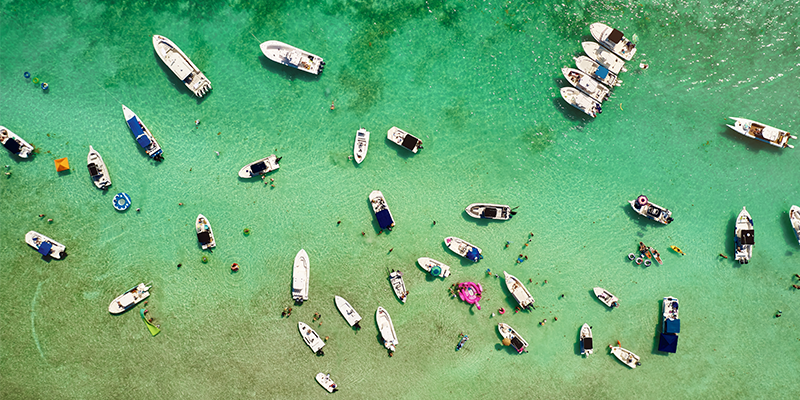
BOATING ACCIDENT? WHAT EVERY BOATER SHOULD KNOW AB...
With more than 11,000 inland lakes and 3,000 miles of Great Read more…
May 12, 2025
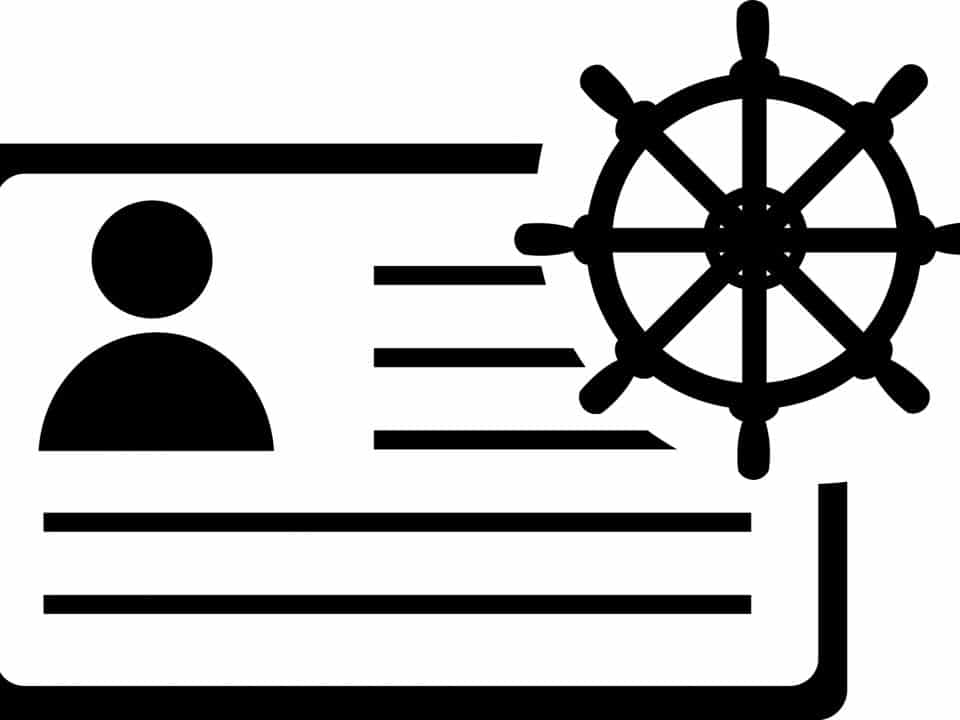
Michigan Boating License Requirements: What Every ...
Surrounded by four Great Lakes and home to thousands of inla Read more…
September 16, 2021
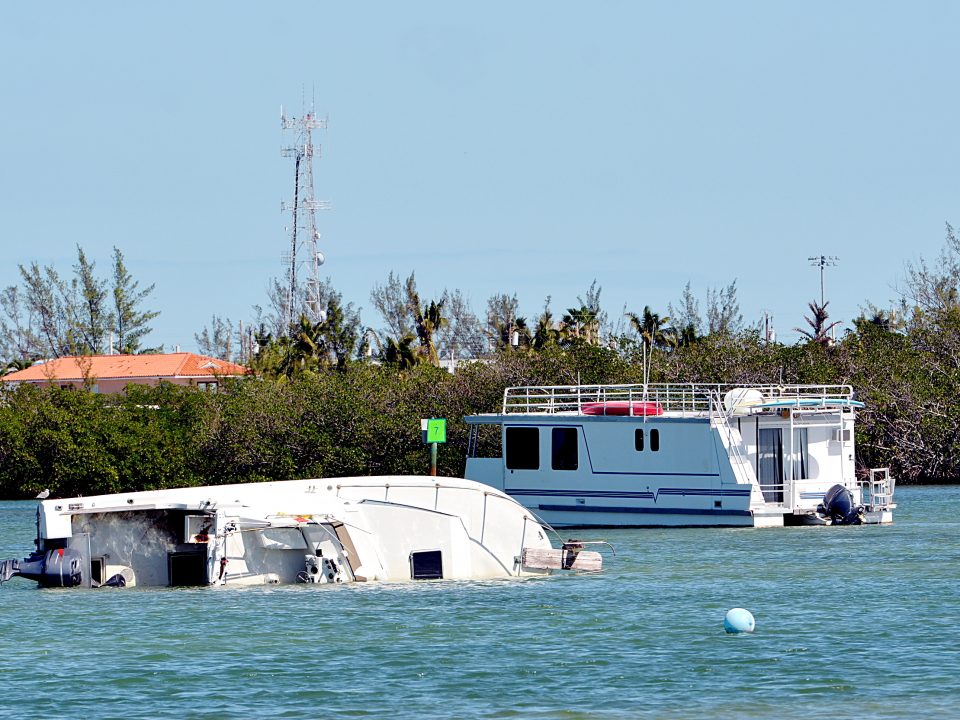
Michigan Boating Accident Coverage: Everything You...
From an evening ride on a neighborhood lake to a week-long t Read more…
September 13, 2021
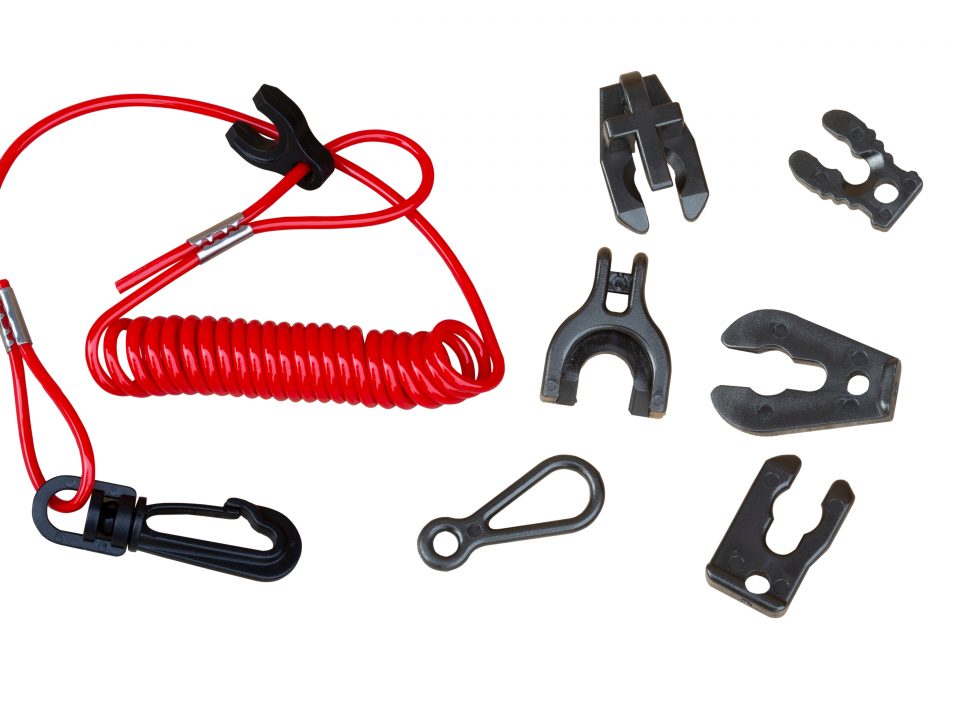
What Michigan Boaters Should Know about the New Bo...
Summer is the ideal season for Michigan boating enthusiasts Read more…
July 29, 2021
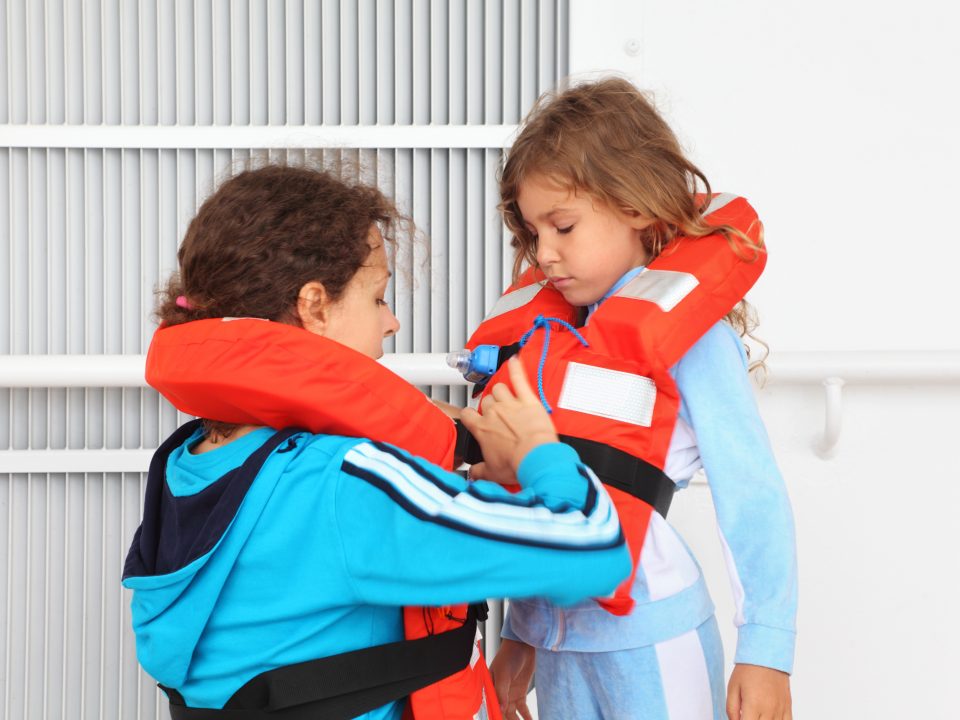
These 10 Boating Safety Tips Can Help Prevent a Se...
Boating is a great way to spend time with family or friends Read more…
June 25, 2021
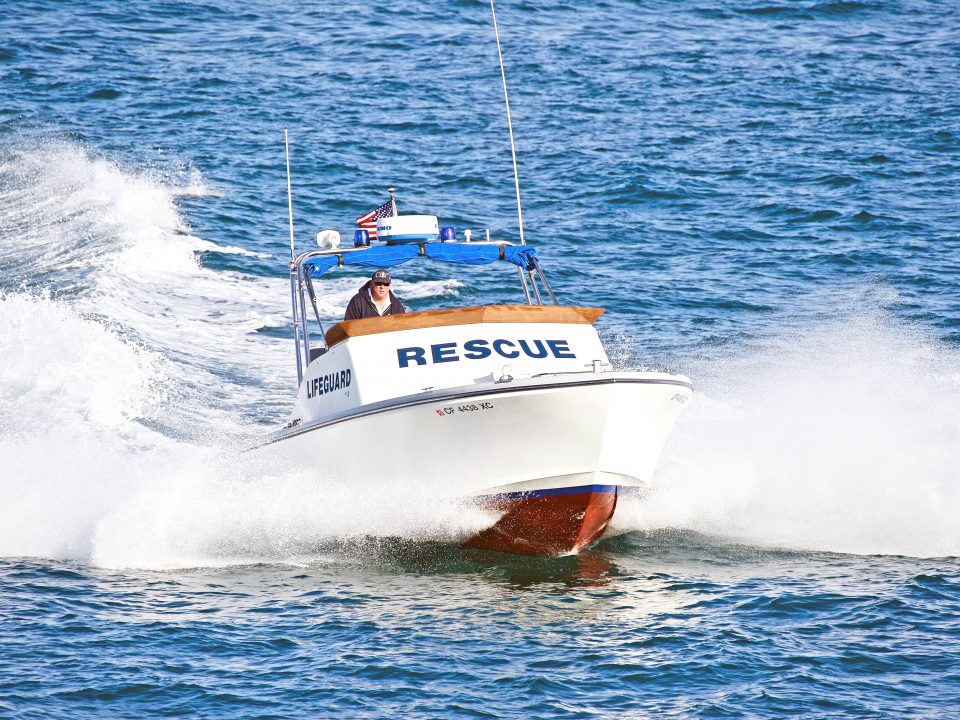
Top 10 Causes of Fatal Boating Accidents...
With more than 3,000 miles of Great Lakes coastline a Read more…
June 25, 2021
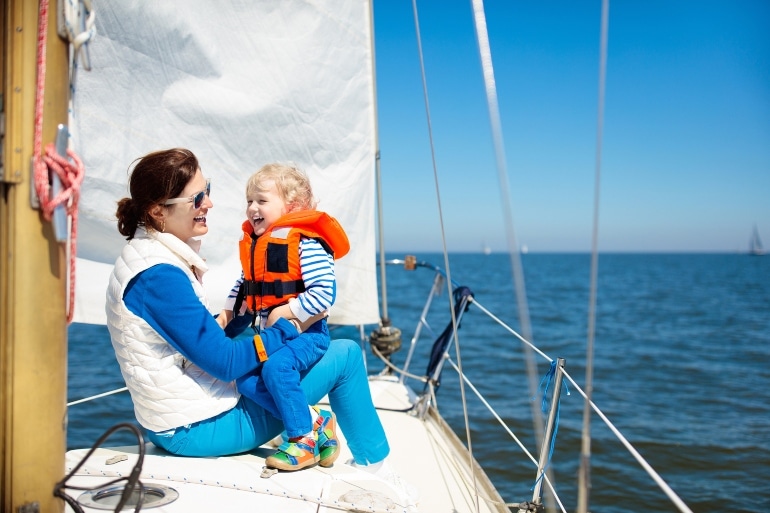
5 Michigan Life Jacket Laws to Know This Summer...
Many boaters believe life jackets are unnecessary unless the Read more…
August 1, 2019

Boat Trailer Registration in Michigan: What You Ne...
If you’re a boater, there’s nothing like a Michigan summ Read more…
July 1, 2019

Boating Alcohol Laws in Michigan: What You Need to...
Whether it’s a relaxing sunset ride or a day-long excursio Read more…
May 21, 2019

A Guide To Boating Laws in Michigan...
In a state that borders four of the five Great Lakes and boa Read more…
August 14, 2018

How To Find The Best Accident Attorney Near You...
The downside of summer’s final activities is that crow Read more…



